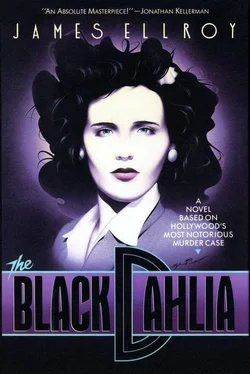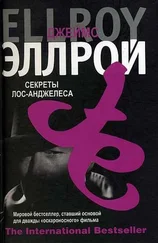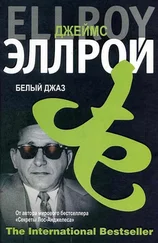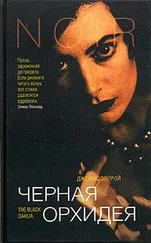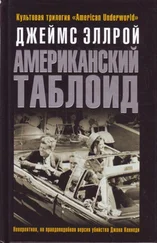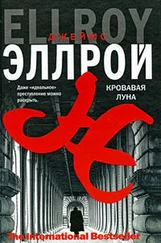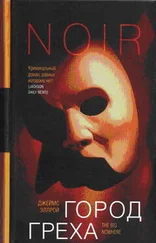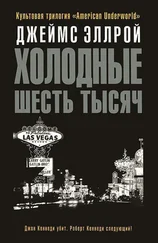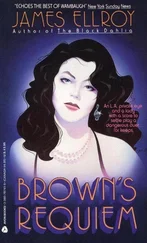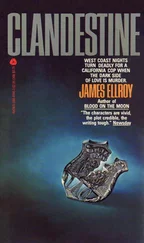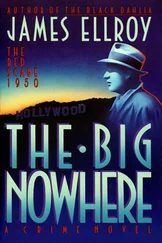MOUTH SLASHED EAR TO EAR.
I shuddered, then forced a smile. “I’m fine. The book just reminded me of something. Old stuff, just a coincidence.”
Jane scrutinized me. “You don’t look fine, and you want to hear another coincidence? I thought Eldridge wasn’t on speaking terms with any of the family, but I found the receipt. It was Ramona Sprague who sold him the painting.”
For a split second I thought Gwynplain was spitting blood at me. Jane grabbed my arms. “Bucky, what is it?”
I found my voice. “You told me your husband bought that picture for your birthday two years ago. Right?”
“Yes. What—”
“In ’47?”
“Yes. Buck—”
“What is your birthday?”
“January fifteenth.”
“Let me see the receipt.”
Jane, spooky eyed, fumbled at some papers on the end table across the hall. I stared at Gwynplain, transposing 39th and Norton glossies against his face. Then: “Here. Now will you tell me what’s going on?”
I took the piece of paper. It was purple stationery, covered with incongruously masculine block printing: “Received from Eldridge Chambers, $3500.00 for the sale of the Frederick Yannantuono painting ‘The Man Who Laughs.’ This receipt constitutes Mr. Chambers’ proof of ownership. Ramona Cathcart Sprague, January 15, 1947.”
The printing was identical to the script in the torture diary I read just before I killed Georgie Tilden.
Ramona Sprague murdered Elizabeth Short.
I grabbed Jane in a hard bear hug, then took off while she stood there looking stunned. I went back to the car, decided it was a single-o play, watched lights go on and off in the big house and sweated through a long night of reconstructions: Ramona and Georgie torturing together, separately, bisecting, divvying up the spare parts, running a two-car caravan to Leimert Park. I played every kind of variation imaginable; I ran riffs on how the thing ignited. I thought of everything but what I was going to do when I got Ramona Sprague alone.
At 8:19 Martha walked out the front door carrying an art portfolio, and drove east in her Chrysler.
At 10:37, Madeleine, valise in hand, got into her Packard and headed north on Muirfield. Emmett waved from the doorway; I decided to give him an hour or so to leave — or take him down along with his wife. Shortly after noon, he played into my hand — tooling off, his car radio humming light opera.
My month of playing house with Madeleine had taught me the servants’ routine: today, Thursday, the housekeeper and gardener were off; the cook showed up at 4:30 to prepare dinner. Madeleine’s valise implied some time away; Martha wouldn’t return from work until 6:00. Emmett was the only wild card.
I walked across the street and reconnoitered. The front door was locked, the side windows were bolted. It was either ring the bell or B&E.
Then I heard tapping on the other side of the glass and saw a blurry white shape moving back into the living room. A few seconds later the sound of the front door opening echoed down the driveway. I walked around to meet the woman head on.
Ramona was standing in the doorway, spectral in a shapeless silk dressing gown. Her hair was a frizzy mess, her face was blotchy red and puffed up — probably from tears and sleep. Her dark brown eyes — identical in color to mine — were scary alert. She pulled a ladylike automatic from the folds of her gown and pointed it at me. She said, “You told Martha to leave me.”
I slapped the gun out of her hand; it hit a straw welcome mat emblazoned with THE SPRAGUE FAMILY Ramona gnawed at her lips; her eyes lost their focus. I said, “Martha deserves better than a murderer.”
Ramona smoothed her gown and patted at her hair. I pegged the reaction as the class of a well-bred hophead. Her voice was pure cold Sprague: “You didn’t tell, did you?”
I picked up the gun and put it in my pocket, then looked at the woman. She had to be jacked on a twenty-year residue of drugstore hop, but her eyes were so dark that I couldn’t tell if they were pinned or not. “Are you telling me Martha doesn’t know what you did?”
Ramona stood aside and bid me to enter. She said, “Emmett told me it was safe now. He said that you’d taken care of Georgie and you had too much to lose by coming back. Martha told Emmett you wouldn’t hurt us, and he said you wouldn’t. I believed him. He was always so accurate about business matters.”
I walked inside. Except for the packing crates on the floor, the living room looked like business as usual. “Emmett sent me after Georgie, and Martha doesn’t know you killed Betty Short?”
Ramona shut the door. “Yes. Emmett counted on you to take care of Georgie. He was confident that he wouldn’t implicate me — the man was quite insane. Emmett is a physical coward, you see. He didn’t have the courage to do it, so he sent an underling. And my God, do you honestly think I’d let Martha know what I’m capable of?”
The torture murderess was genuinely aghast that I’d impugned her as a mother. “She’ll find out sooner or later. And I know she was here that night. She saw Georgie and Betty leave together.”
“Martha left to visit a chum in Palm Springs an hour or so later. She was gone for the next week. Emmett and Maddy know. Martha doesn’t. And my dear God, she mustn’t.”
“Mrs. Sprague, do you know what you’ve—”
“I’m not Mrs. Sprague, I’m Ramona Upshaw Cathcart! You can’t tell Martha what I did or she’ll leave me! She said she wants to get her own apartment, and I haven’t that much more time left!”
I turned my back on the spectacle and walked around the living room, wondering what to do. I looked at the pictures on the walls: generations of kilt-clad Spragues, Cathcarts cutting the ribbons in front of orange groves and vacant lots ripe for development. There was a fat little girl Ramona wearing a corset that must have strictured her bloody. Emmett holding a dark-haired child, beaming. Glassy-eyed Ramona poising Martha’s brush hand over a toy easel. Mack Sennett and Emmett giving each other the cuckold’s horns. At the back of an Edendale group shot I thought I could see a young Georgie Tilden — handsome, no scars on his face.
I felt Ramona behind me, trembling. I said, “Tell me all of it. Tell me why.”
Ramona sat down on a divan and spoke for three hours, her tone sometimes angry, sometimes sad, sometimes brutally detached from what she was saying. There was a table covered with tiny ceramic figurines beside her; her hands played with them constantly. I circled the walls, looking at the family pictures, feeling them meld into her story.
She met Emmett and Georgie in 1921, when they were Scottish immigrant boys on the make in Hollywood. She hated Emmett for treating Georgie like a lackey — and she hated herself for not speaking up about it. She didn’t speak up because Emmett wanted to marry her — for her father’s money, she knew — and she was a homely woman with slender husband prospects.
Emmett proposed. She accepted and settled into married life with the ruthless young contractor and budding real estate tycoon. Who she gradually grew to hate. Who she passively fought by gathering information.
Georgie lived in the apartment above the garage the first years they were married. She learned that he liked to touch dead things, and that Emmett reviled him for it. She took to poisoning the stray cats who trampled her garden, leaving them on Georgie’s doorstep. When Emmett spurned her desire for him to give her a child, she went to Georgie and seduced him — exulting that she had the power to excite him with something alive — the fat body that Emmett derided and only plundered at odd times.
Their affair was brief, but resulted in a child — Madeleine. She lived in terror of a resemblance to Georgie asserting itself, and took to doctor-prescribed opiates. Two years later Martha was born of Emmett. This felt like a betrayal of Georgie — and she went back to poisoning stray animals for him. Emmett caught her in the act one day; he beat her for taking part in “Georgie’s perversion.”
Читать дальше
